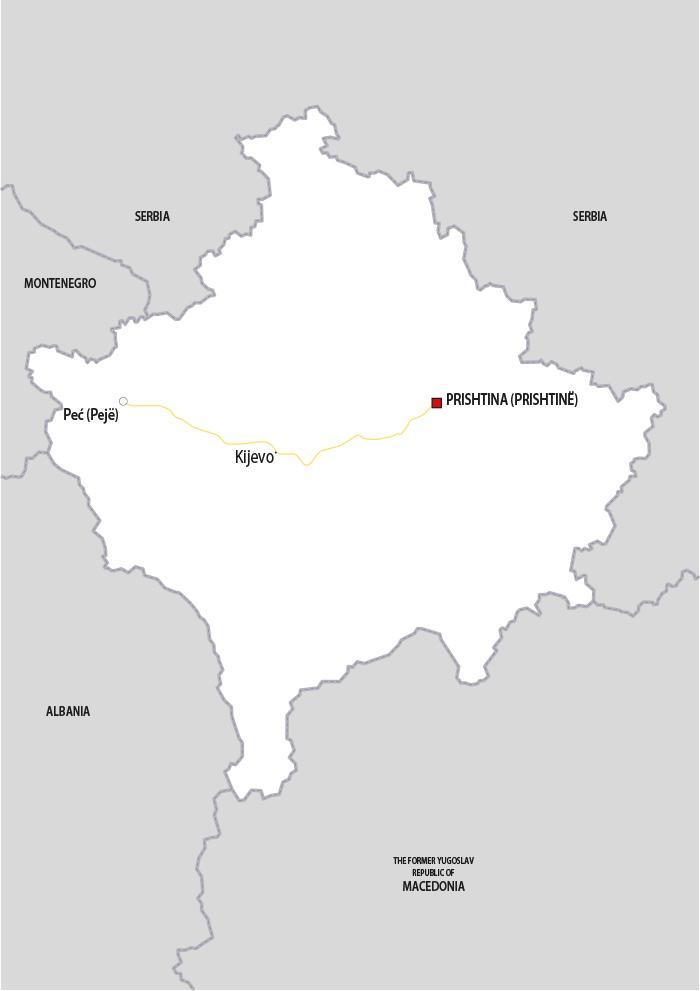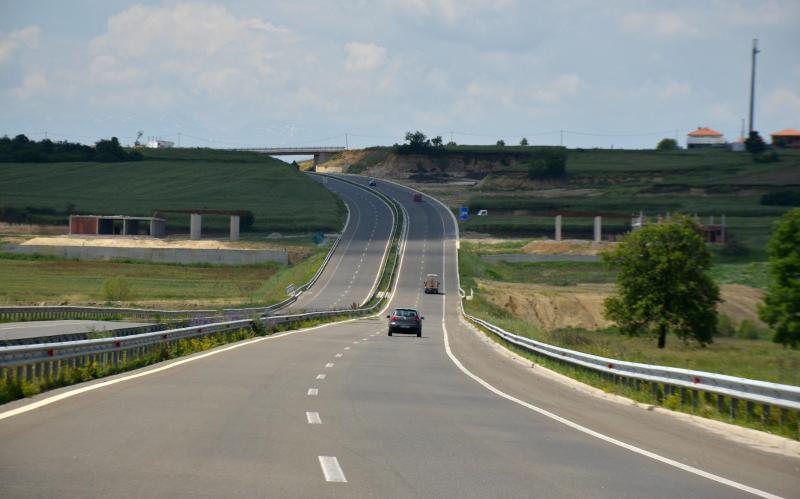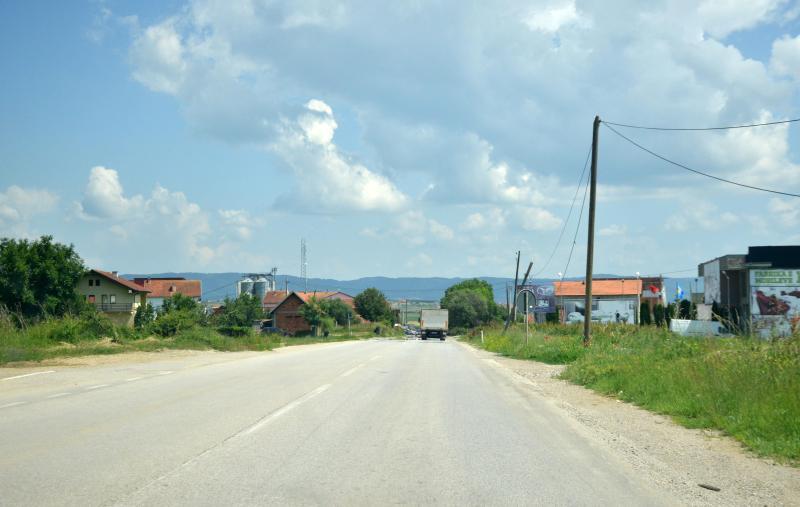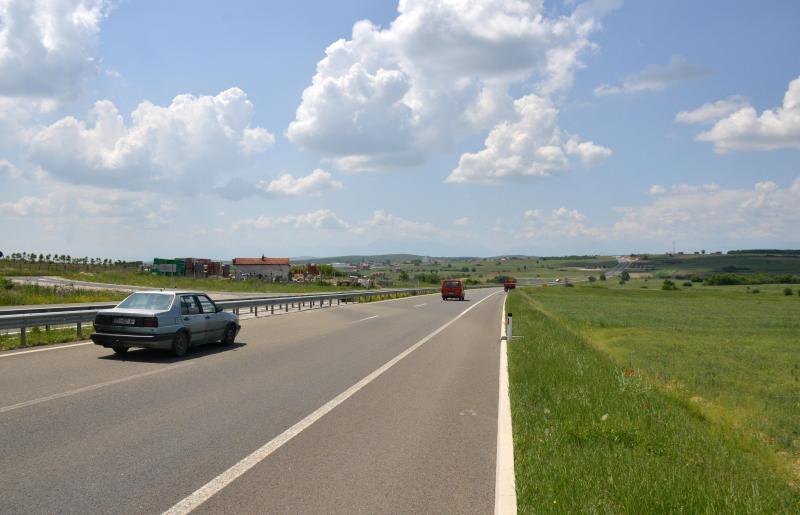EU-Kosovo investment gets a boost from an EIB loan to a vital motorway.
A key to the economic future of Europe’s youngest country, Kosovo*, is the ability to move goods and people around. That’s why a new 30 km motorway in the west of the country is so vital.
“The road will contribute to national cohesion and improve long-distance driving across the country,” says Piers Vickers, lead regional transport economist at the European Investment Bank, which loaned EUR 80 million to the motorway’s construction. The new road will cut travel time from Peja to Pristina in half on a route that serves 15,000 vehicles a day and carries 95% of Kosovo’s freight and passenger transport.
‘The connectivity agenda’
In 2013, the EIB signed a Framework Agreement with Kosovo, allowing it to finance priority projects in environment, transport, telecommunications and energy infrastructure—all vital for the development of the country. This year the EIB signed the motorway loan, its biggest with Kosovo.
“This loan is the biggest Kosovo ever took,” says Lum Mita, head of international financial cooperation in the Kosovar Ministry of Finance. “It represents 1.8% of the country’s GDP.”

This section of the 85 km highway between the capital Pristina and the fourth-largest city Peja is of regional importance, because it helps connect Pristina with Montenegro.
“The project will support regional integration as well as the development of connections with neighbouring countries,” says Konstantinos Mastrogiannopoulos, the EIB loan officer on the project. “It also supports the ‘connectivity agenda’, which aims to improve links within the Western Balkans and with the EU.”
Through the project, the Bank also aims to increase productivity and facilitate trade which will stimulate economic growth, local employment and reduce poverty.
The project also benefited from Western Balkans Investment Framework grants worth EUR 3.2 million to prepare a detailed design and a feasibility study.

The project supports the ‘connectivity agenda’, which aims to improve links within the Western Balkans and with the EU
A long drive made shorter
The project will move the majority of the traffic from the existing road, improving speeds, safety and environment for the many settlements next to the current highway. “Parts of the highway go through villages rather close to people’s houses, which imposes inconvenient speed restrictions,” says Mita.
Says Vickers, “The most important aspect of this project is that it will expose the beneficiaries to international best practise and EU standards when it comes to project implementation.”

“Parts of the highway go through villages rather close to people’s houses, which imposes inconvenient speed restrictions,” says Mita
Western Balkans and the EU
During the recent EU-Western Balkans summit in Sofia, Bulgaria, EIB President Werner Hoyer said: “In these times of rising economic and social challenges, the EIB will intensify its investment and financing in the Western Balkans through the Economic Resilience Initiative and other programmes”.
The Economic Resilience Initiative aims to increase access to vital infrastructure—like the Kosovo motorway—foster resilient economies and promote job opportunities. During the project implementation phase, the project may be supported by an ERI grant. Since 2007, the European Investment Bank has invested EUR 7 billion in the Western Balkans.
On the road with the EIB

“So far in our work with the EIB, we have mostly focused on transport,” says Mita.
The EIB is involved in the Kosovo railway modernisation project, which will integrate Kosovo’s rail network into the Orient/East-Mediterranean Core Network Corridor. That will connect the Western Balkans to Austria, Greece and Bulgaria. It also forms part of the Trans-European Transport network.
“We also want to see the EIB get involved in waste water management and the health sector,” explains Mita. “I think this is a milestone project which will start conversations about other projects and open the doors for other sectors”.
Mastrogiannopoulos agrees. “Hopefully, this is just a beginning for Kosovo.”
* This designation is without prejudice to the positions expressed by the EU Member States on Kosovo’s status and is in line with United Nations Security Council Resolution No. 1244/1999 and the International Court of Justice Opinion of 22 July 2010 on Kosovo’s declaration of independence.
